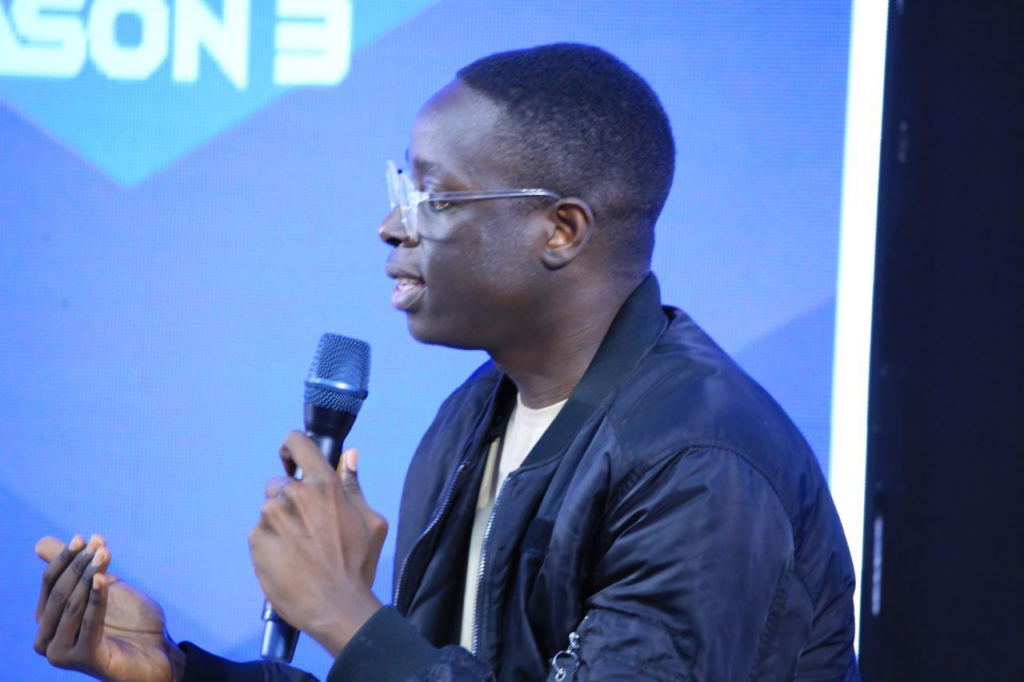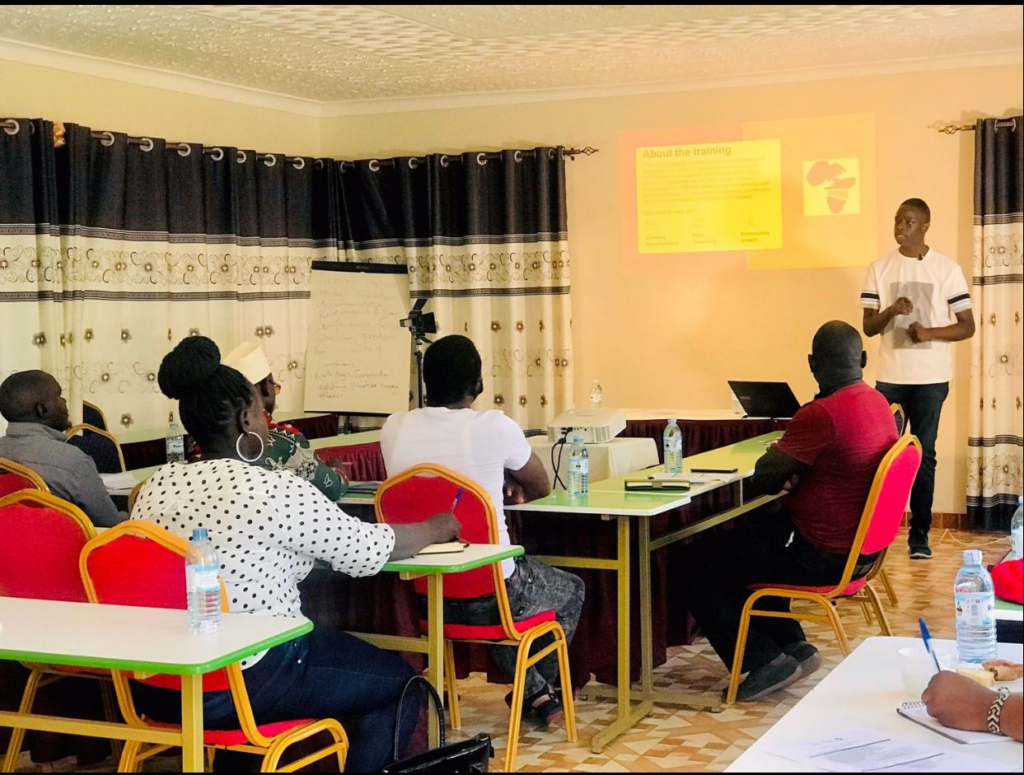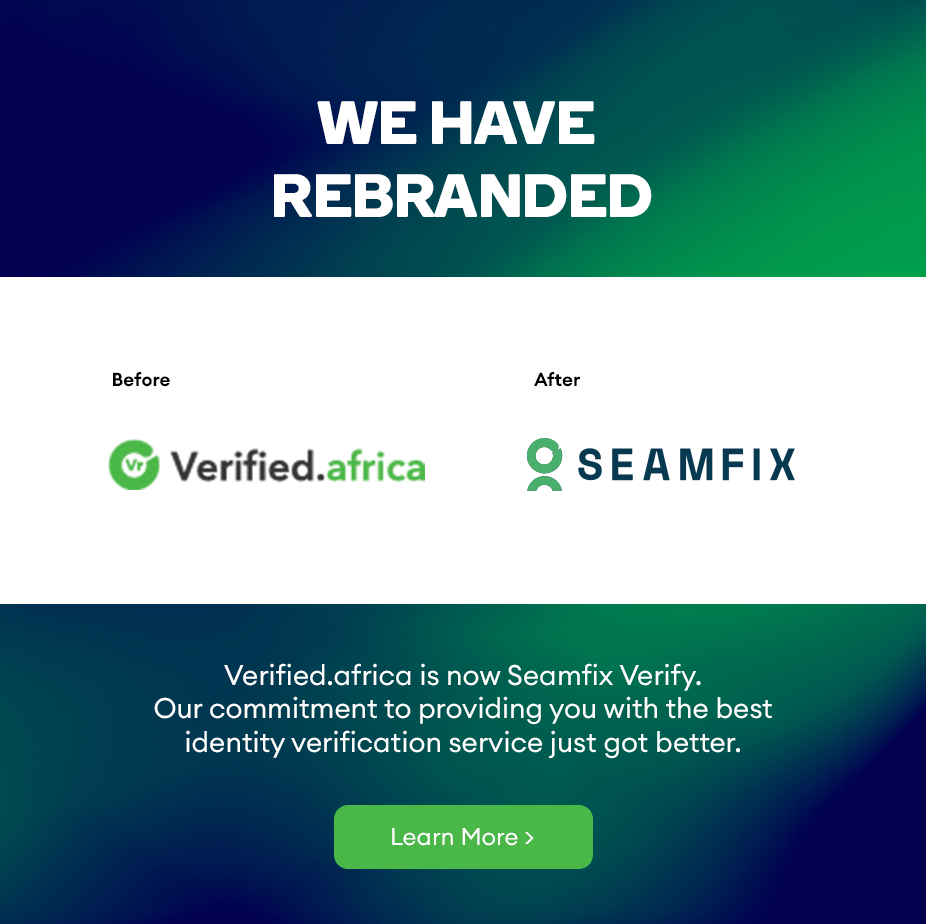My conversation with Ssuna Ronald was scheduled for a Wednesday morning. It’s 7:30 a.m., and as I sit on a chair in my home office, I imagine what it would be like to work as a marketer physically in another African country. To reorient my mind from a Nigerian perspective and adapt to a new audience’s buying impulses and culture.
I went to Ronald’s LinkedIn page for the umpteenth time to browse through it, and I’m inspired by his work across digital media and offline channels.
As 8 a.m. approaches and he jumps on the call, I’m excited to speak with one of Africa’s brightest marketing lights. This editorial is a masterful insight into how African organisations can use targeted marketing to win over customers in highly competitive markets.
Meet Ssuna Ronald
I’m Ssuna Ronald from Kampala, Uganda, with years of experience in the marketing industry, from broadcast media to digital technology. I started to be interested in discovering the latest products and tech on the market. That’s how I became a player in social media marketing for brands. And then, I got opportunities to work for a television station, later on, a radio station. I also create content for the Tech Industry through my podcast show, where we cover stories for people in the marketing industry and those behind tech brands. As my love for tech grew, I got invited to join a tech company, Safeboda, about two years ago as a community and content manager.
Later on, I headed into LipaLater, as the Marketing Manager. Much of my career has been rotating around digital marketing, positioning brands to the forefront of audiences on social media, offline and broadcast media.
What is the most exciting thing for you in your tech marketing career?
I’m excited whenever I see the products I am marketing impact people. No other reason would make me want to do this for the next 15 or 50 years. This could be mobility, finance, or anything else in any vertical, as long as it touches human lives and gives them a better life. It’s helping them save more or helping them turn on their utility, pay their water bills, or move from one location to another, like Safeboda.
Or Lipalater, which helps people with access to credit so they can have an item they’ve been yearning to have, and they later pay in instalments. The mission of a product/service is the most powerful thing I’ve experienced during my marketing career.
So, the mission drives you?
The money, too! [Laughs]

How do you build customer trust for a new product or service?
Take SafeBoda in Nigeria. You have competitors like Gokada, Opay and Uber. How do we compete? It comes back to the value proposition you create. Suppose you target a specific individual or persona, like a mother just starting to work or a student leaving campus and looking for their next job. It’s much easier to market to them because their needs are specific.
So, your niche audience is the first thing you have to understand. And then it will attract other third-party customers interested in your product. If you decide to launch in a mass market at once, you’ll get lost and won’t have transactions and trust with people who are very late to your product.
So, what does your target audience need? What are their emotional attachments to such a service? Would they want convenience, speed, or ease of use? Get the basics right, then ensure that your product has few risks that people may need help to run away from. People have to find something good about your product to talk about. A lousy bug, like your customer support not being up to its game, will make customers lose trust. When you build a product whose technology and operations are on point, it will produce the customer’s trust without any discounts or free offers.
As a marketer, how would you protect user data and ensure compliance in less integrated markets?
Never overlook a compliance team or a legal team. Get them immediately because you need terms and conditions to protect your company and the user. At SafeBoda, users started getting a bit sensitive about their data as we knew how long they’ve been travelling and where they travelled. So, if you don’t have a compliance team, you’re in a position where you are not only at risk for the company to be sued but also at risk of not having accurate user data.
In Africa, many markets are getting support from the government to link national IDs with driving licenses or birth certificates. But it needs to be better integrated, so you ask to spend less time onboarding a user. Thankfully, with companies like Verified.africa, we can expedite the process in Africa because Verified.africa works with mobility techs and governments. And these are the kind of services that startups will need.
At Safeboda, in Nigeria, we had a compliance and quality assurance team that ensured the KYC details of drivers were optimal. Still, it was challenging because we were operating in one of the most reckless industries, affecting not just the company itself in terms of spending so much time and money to create these onboarding sessions but also for the customers to trust their drivers.
For instance, at Lipalater, we have the challenge of inaccessible data points. A person can tell you they work at place A. Then, in the next six months, they’ll move to location B, and you may not have that data automatically tracked and backed up in the quest to find the person when it’s time for their loan arrears to be paid.
In Africa, our systems are less integrated than in the West, where a person submits their ID, and you know so much about them, even down to their academic transcripts. We must work with governments to ensure it’s easy for companies like Verified.Africa to get licenses to critical data like national IDs and bank transactions. This makes it easy to track fraud across the continent.

How do you Acquire new customers safely as you expand to new markets?
Understand the culture and logistics; we are not “one Africa”. You must market differently to different countries, as cultures and consumption habits differ.
In Uganda, for example, people are impulse-driven. They get excited by something new. So you have to know the best way to target them and get them to trust your product above others. It might require more than personal documentation (IDs and bank statements) to effectively legitimise & verify that one truly qualifies to take on credit. There are a lot of missing data points in Africa that need to be centralised, which makes it challenging to trace and follow up on arrears from the defaulters.
So, you make sure that you study the market, how it operates, and its industry insights, and then you launch out. Replicating market tactics has disappointed many startups as we’ve seen startups emerge in a new market only to close up a year afterwards.
How do companies and marketers understand each market?
Conduct market research and create surveys. Use FAQs to inform how to approach the customer’s areas of need. Make sure you create room for people to understand how the product would impact them. Ask them why they would consider such a product. And then use profile data to know who would be interested in your product.
In other circumstances, marketers carry out focus groups. They call a group of people, maybe six to ten, and interact with them. This can be quarterly. Ask them questions like “How do they find the product? “How is it helping them?” “What can they change about the product?” If you don’t have these consistent talks with people consuming the product, you’re playing blindfolded.
Other times, it’s good to think for people. Steve Jobs believed that people don’t know what they want; they only want what you give them. So, sometimes, you have to drop the ball, provide them with the product, give them the offer and let them interact with it. And then they can know whether they can consider it or not.
These are different ways people can understand their market. But at the epitome of everything, you must have a leader with a clear vision. You can’t be on a ship where you have a sailor who does not have a compass guiding the company. As soon as I get employed or walk into a space, I want to understand my leader’s mindset and vision for the company. Yes, they have launched a product. Yes, they’ve hired me. But what is their vision? What drives them?

Personal career tips for Marketers in Africa?
I refer to myself as a global practitioner.
When I worked in broadcast media, I told colleagues to ensure that if BBC World was looking out for people to work with, you were one of the people on the list. You don’t have to wait for that moment when you’re at BBC World to perform at their standard. Be your own BBC World wherever you are instead of waiting for them, and always put your best foot forward.
Just ensure you are a global practitioner, even in a local setting.
Where do you see Financial Inclusion in Africa in the next 3-5 years?
The market is chief. Refrain from being shocked by any surprises and other competitors coming to the same market because it’s still very young.
In the next five years, Fintech products should scale beyond urban centres to avoid overpopulation if they’re not regulated early. We should be busy finding ways to position products/services far beyond urban centres cause they are limited, yet there’s a shared audience interested in the services they’re offering.
Parting shots: Companies should find possible ways to work with the governments; they’re not your enemy. You need to find the middle ground.
Ssuna Ronald is a seasoned brand marketing professional with over 7 years of experience in broadcast media, technology, and NGO sectors. Currently serving as the Marketing Manager at Lipa Later, he leads a team to drive brand awareness, customer acquisition, and revenue growth through various channels, including digital advertising, social media, email marketing, events, and PR. He is also pursuing a Master of Arts – MA, Digital Journalism at Aga Khan University. Connect with Ssuna Ronald on Linkedin here.




